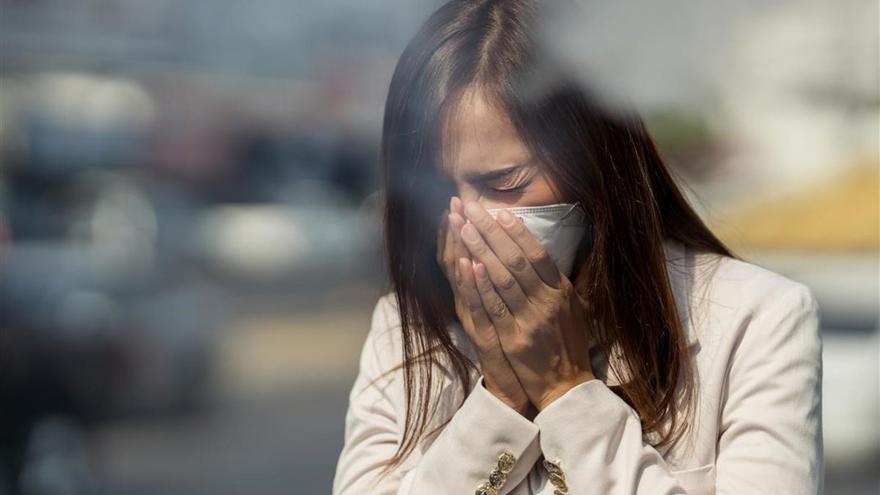-
infected patients showed greater cognitive impairment or lack of sensory input due to loss of smell
–
The magazine ‘Nature’ publishes another article this Tuesday that describes the changes that the SARS-Cov-2 infection produced in the human brain (including in areas associated with smell and memory), although the authors warn that To find out if these effects persist in the long term, or if they can be partially reversed, further investigation is needed.
Gwenaëlle Douaud’s team, from the Oxford University, investigated the changes in the brains of 785 participants of the UK Biobank (ages 51-81) who underwent two brain scans, an average of 38 months apart, and cognitive tests.
401 tested positive for SARS-CoV-2 infection between the two scans (15 were hospitalized), and 384 were age- and sex-matched controls.
The authors identified several long-term effects after infection, as a further reduction in the thickness of gray matter in the cortex orbitofrontal and parahippocampal gyrus (regions associated with smell and memory).
In addition, those who had covid presented evidence of tissue damage in regions associated with the olfactory cortex and a reduction in brain size.
On average, infected patients also showed greater cognitive impairment, associated with atrophy of a brain region known as the cerebellum.
The authors also performed a control tests in people who developed pneumonia unrelated to covid to show that these changes were due to the coronavirus and not the respiratory illness.
These findings may indicate the degenerative spread of covid, either through the olfactory pathways, inflammation of the nervous system, or lack of sensory input due to loss of smell.
They discover more than 20 genetic variants that predispose to severe covid
On the other hand, the world’s largest genetic study on covid, in which more than 57,000 people have participated, has revealed more than 20 genetic variants that predispose to suffering from the severe form of the disease, findings that will help develop new treatments and prioritize some therapies.
The severe form of covid-19 causes immune-mediated lung damage of the patient, but while some people die, others do not develop any symptoms. The difference between one and the other lies in genetic factors that scientists are just beginning to understand.
For this study, researchers of the GenOMICC consortium -a worldwide collaboration for the genetic study of diseases-, led by the University of Edinburgh in collaboration with Genomics England, they sequenced the genomes of 7,491 patients from 224 UK intensive care units.
Then they compared them with of another 48,400 people who had not suffered from covid-19, participants in the 100,000 genomes project of Genomics England, and with those of another 1,630 people who had suffered mild covid.
Related news
This allowed them to identify 16 new genetic variations linked to the severe form of covid, some of them related to blood coagulation, the immune response and the intensity of inflammation.
Furthermore, they confirmed the involvement of seven other genetic forms that had been discovered in previous studies.
–

